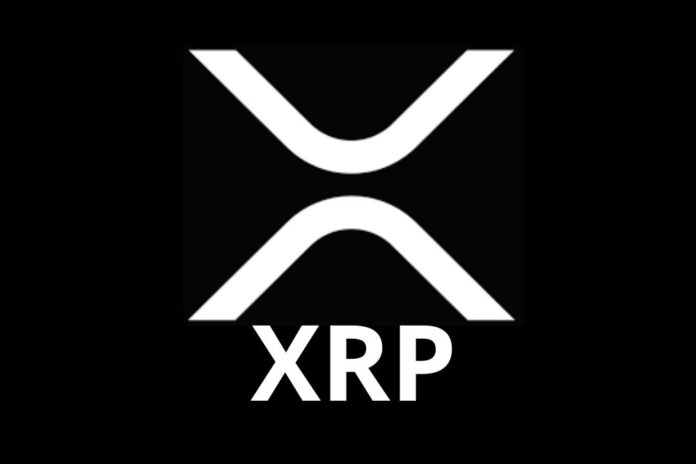Ripple, the San Francisco-based cross-border firm, has partnered with a Lithuania-based Fintech to facilitate payments using the digital token XRP.
In a new press release, Ripple says it’s partnering with the Vilnius-headquartered FINCI to serve both retail and business-to-business (B2B) customers.
Read Also: Ripple Highlights Four Reasons Why SEC’s Attorney-Client Privilege Claim Is Wrong
According to the report, RippleNet’s On-Demand Liquidity (ODL) service will leverage the digital token XRP to facilitate payments between Europe and Mexico without requiring FINCI to pre-fund accounts located abroad.
Reacting to the new partnership with Ripple, FINCI CEO Mihails Kuznecovs, said:
“We’re excited to be working with Ripple to make it easier for FINCI customers to move money around the world. We share the same fundamental goal of removing the hidden inefficiencies affecting international payments.
The savings and operational improvements we’ll achieve by using Ripple’s ODL will allow us to put money back into the business and enhance our offering to our customers.”
FINCI is the first Lithuania-based customer secured by the blockchain payment firm. The new development implies that its ODL service has now made headway into over 24 payout markets, including Singapore, Poland, and Thailand.
Sendi Young, Ripple’s European managing director, explained how the use of ODL service makes international transactions become more efficient.
Read Also: Legal Expert Says a Breach of Ethics Could Mark SEC’s End in Lawsuit against Ripple. Here’s why
Sendi Young noted:
“Cross-border payments have traditionally been slow, complex and unreliable. ODL is the first enterprise-grade solution to address these cross-border payment problems by tapping into global crypto liquidity, giving our customers a completely new way of doing business to help them grow and scale.”
Despite that Ripple is still at loggerhead with the United States Securities and Exchange Commission (SEC) in the court over an allegation of selling XRP as an unregistered security, it continues to make progress outside the U.S.
Follow us on Twitter, Facebook, Telegram, and Google News



